President Trump returns to Britain this week for his second state visit, to a country which is much changed yet depressingly still the same. On his first, six years ago, Britain had yet to complete its departure from the EU, Elizabeth II was still on the throne and the Conservatives still in power – with three Prime Ministers to go before their eventual ejection from office. He will no doubt receive a warm and dignified welcome from King Charles, whatever is going through the monarch’s head – the impeccable neutrality of the British throne has survived the change of reign. Yet the President will find a country that is anything but transformed by Brexit or by its change of government.
Brexit presented Britain the opportunity to take a sharply different route from the low-growth track on which socially democratic Europe is trapped. Yet neither this government nor the previous one have chosen to exercise their new-found freedoms. Britain instead has become just another brand of European social democracy. It has a few new trade deals, not least a more favorable regime with the US, which it would not otherwise have. Yet far from controlling its borders, Britain has opened them up while politicians promised to do the opposite. Illegal arrivals in boats from France (who account for a small proportion of overall migration but a very visible one) have mushroomed, the government apparently powerless in the face of human rights lawyers. Few migrants even need to complete the crossing in their rubber dinghies – they are picked up and delivered to UK shores by coastguard patrol. Many are then put up in hotels. The public seems finally to have had enough: when an Ethiopian asylum-seeker was arrested for suspected sex offenses against a 14-year-old girl in July (he was later convicted) it sparked a summer of protests outside the hotel.
But above all else, Britain remains trapped in economic mediocrity. Keir Starmer’s Labour party came to power in July last year promising “growth, growth, growth” – the same promise made by Liz Truss in her short-lived spell as Prime Minister in 2022. The economy failed to register any growth in July, and is up a weak 1.5 percent in the past year. In terms of GDP per capita the UK economy is no larger than it was at the time of Trump’s 2019 state visit. Moreover, the government seems to have few policies which are likely to achieve growth. On the contrary, one forthcoming parliamentary bill threatens to make it far harder to fire inadequate staff and will make it easier for unions to go on strike. Having escaped from EU regulation, Britain now seems intent on outdoing the bloc on job-destroying laws. It doesn’t help that the Labour government, in one of its first acts, awarded large pay rises to doctors, train drivers and other public sector workers without attaching any conditions to improve productivity. Rising UK government bond prices are a hint as to how dispassionate global investors see Britain: a country trying to live beyond its means, and consequently where inflation is bound to run ahead of other countries. Even Greece, thought of as a basket-case until recently, has lower yields on its long-dated bonds.
Britain’s lack of confidence is there to be seen in the sinking fortunes of its governing party. Prime Minister Keir Starmer was never as popular as his huge parliamentary majority suggested – he commanded only just over a third of the popular vote last year, in spite of his party winning a handsome majority of its seats. Yet there is a serious possibility that Starmer will not make it to fight another general election due in 2029. He is deeply unpopular even within his own party. He has been badly damaged by two recent resignations: first of deputy Prime Minister Angela Rayner, who admitted to underpaying tax on an apartment she bought on the south coats, and then that of US ambassador Peter Mandelson, after details of his close relationship with Jeffrey Epstein were revealed. Starmer, it seems knew some of the details but had chosen to appoint him to the job anyway.
For the moment, the political future seems to belong to Reform UK and its charismatic leader Nigel Farage. The party is steadily displacing the Conservatives as the party of the right, yet is also picking up disaffected working classes in Labour-held seats. Not unlike the US, Britain is undergoing a political transformation in which the party of the right is becoming the party of the working class and the party of the left the party of educated professionals. Yet Reform UK only has five seats in the House of Commons, and has already lost two of its MPs elected last year, one of them in a very public bust-up. It is going to have its work cut out finding enough credible candidates to win an election in four years’ time.
In the meantime, Britain faces a swing to the left. If Starmer is forced out of office his replacement will very likely be someone who favors wealth taxes and yet more regulation on business. Britain’s long economic night seems far from over.



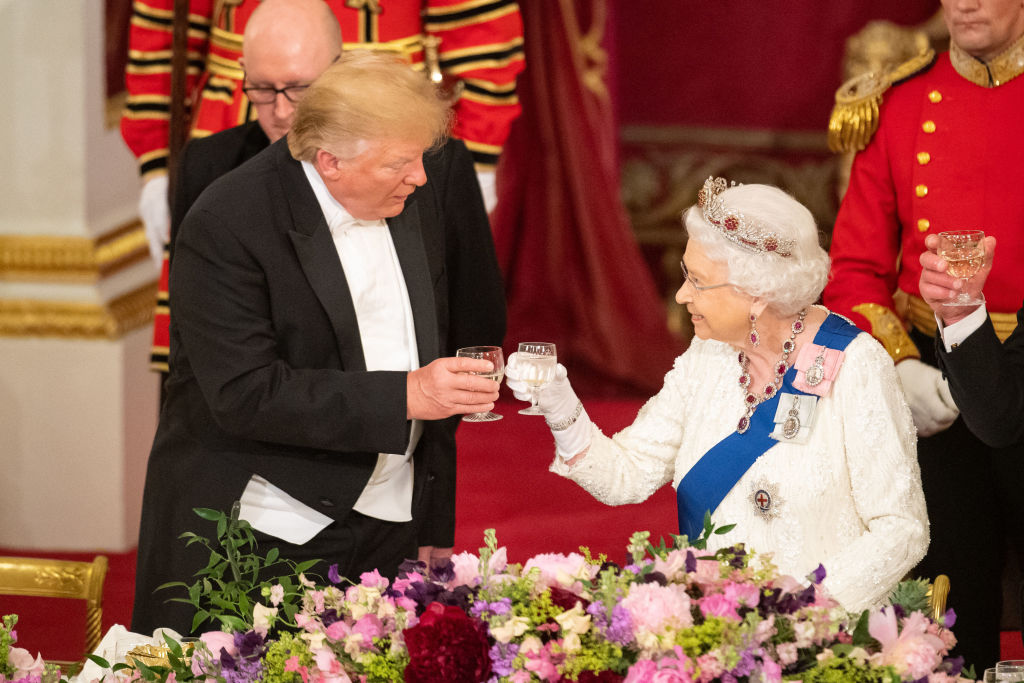






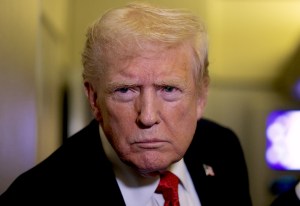
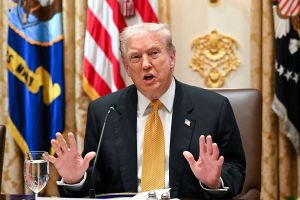

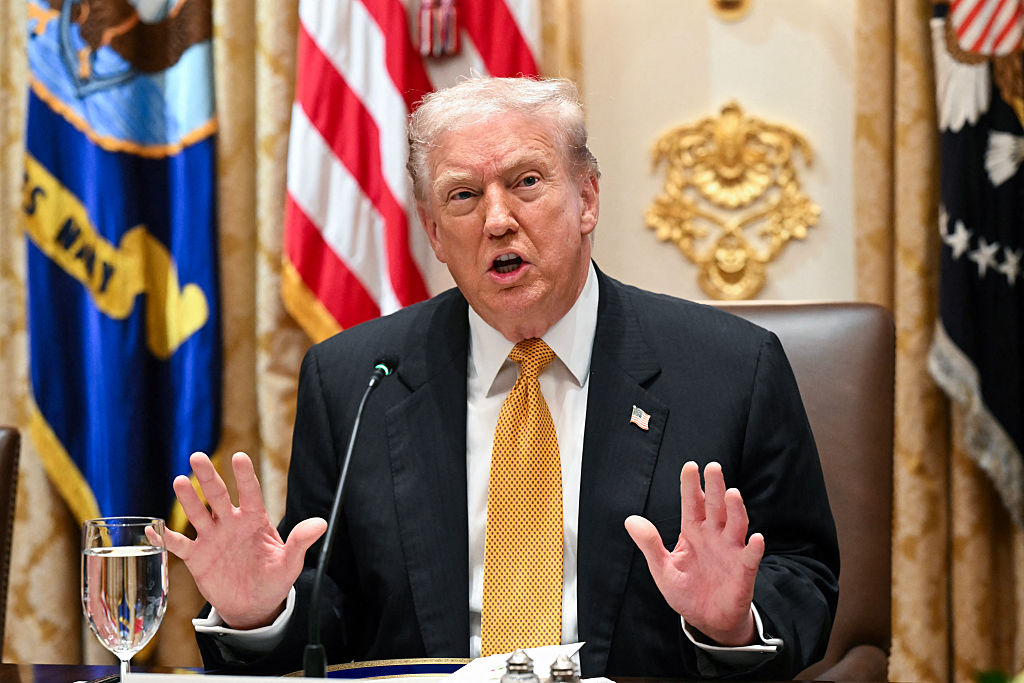


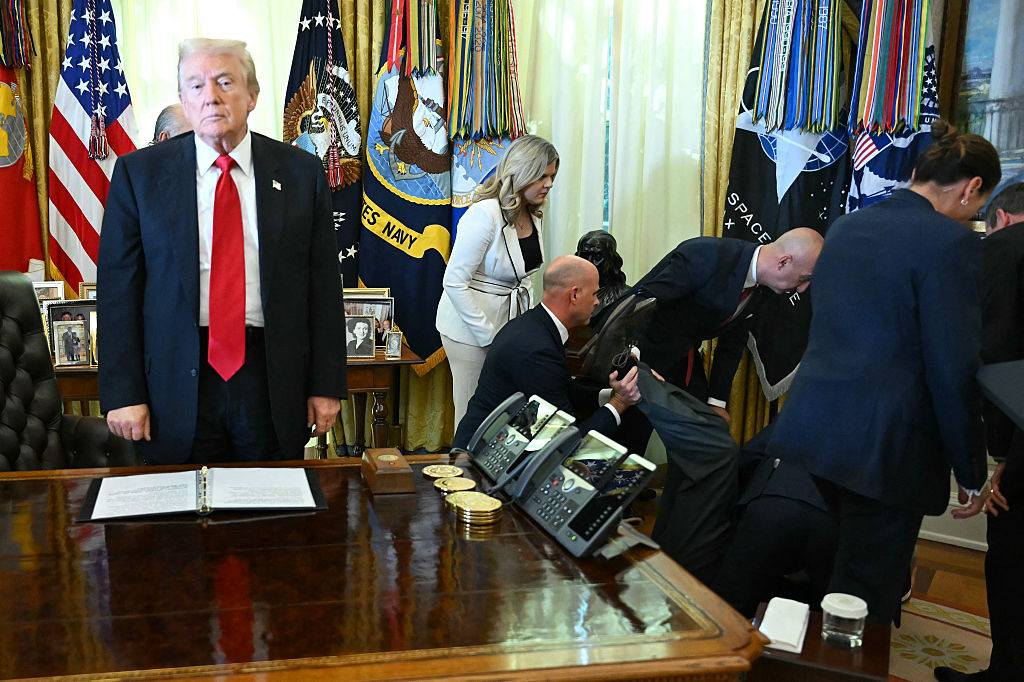









Leave a Reply